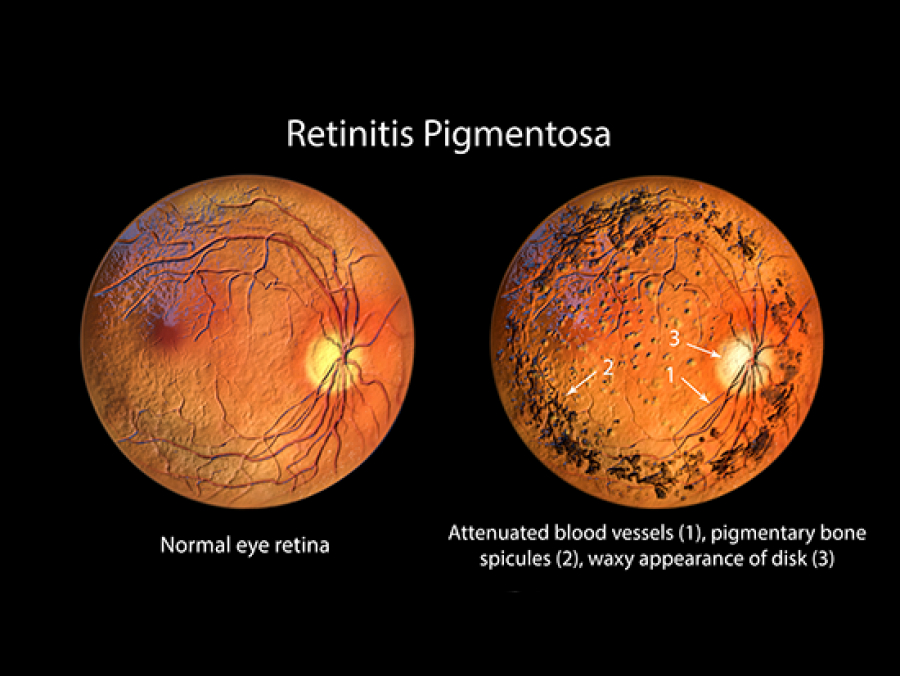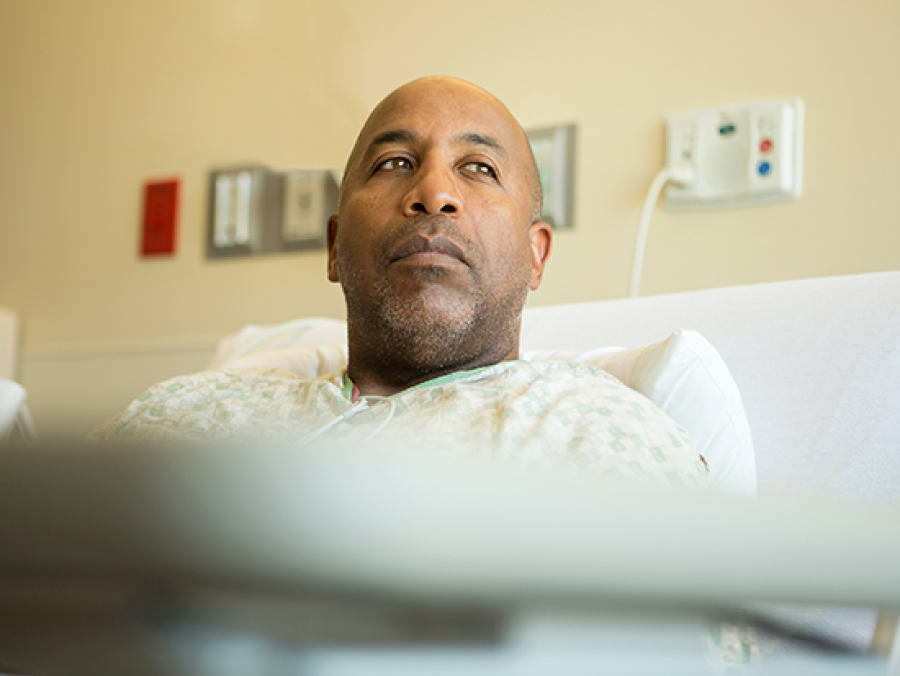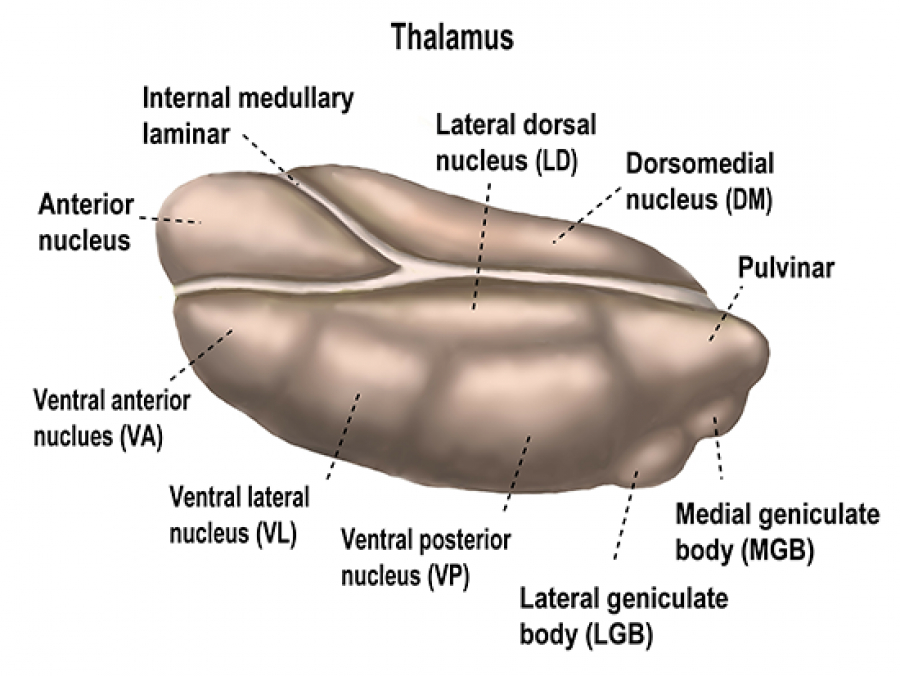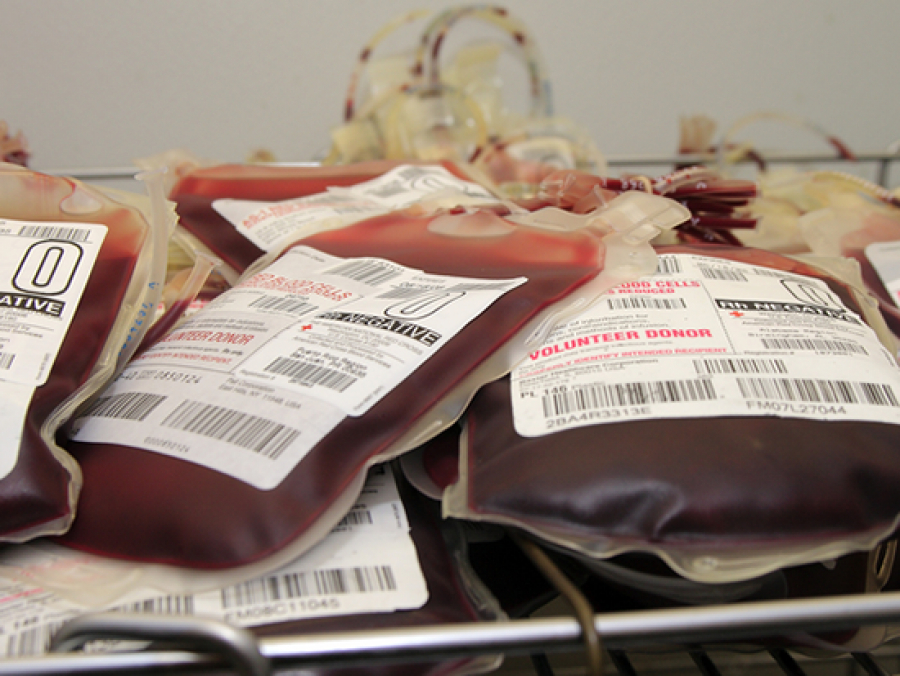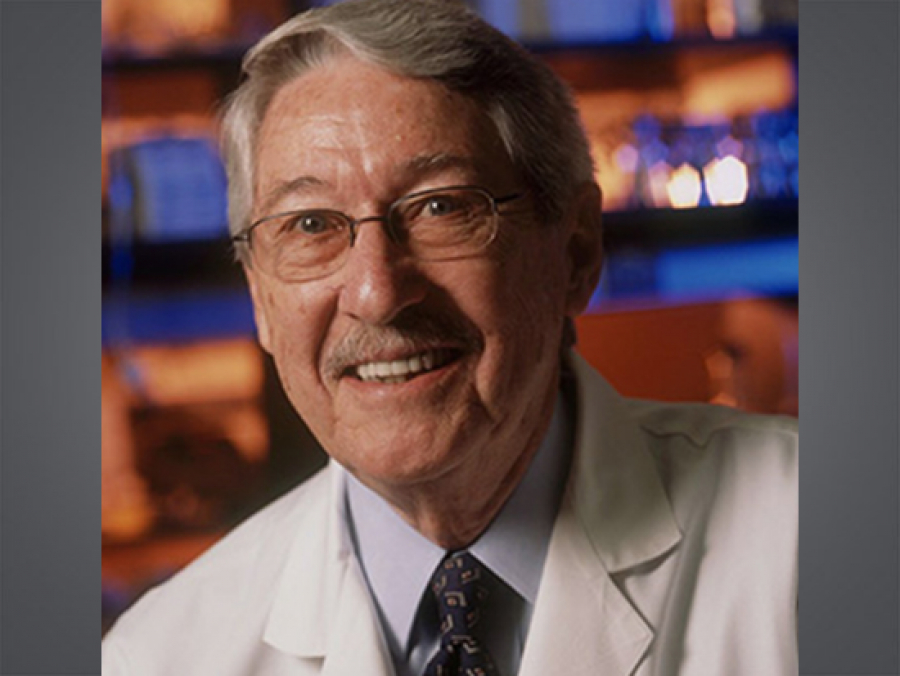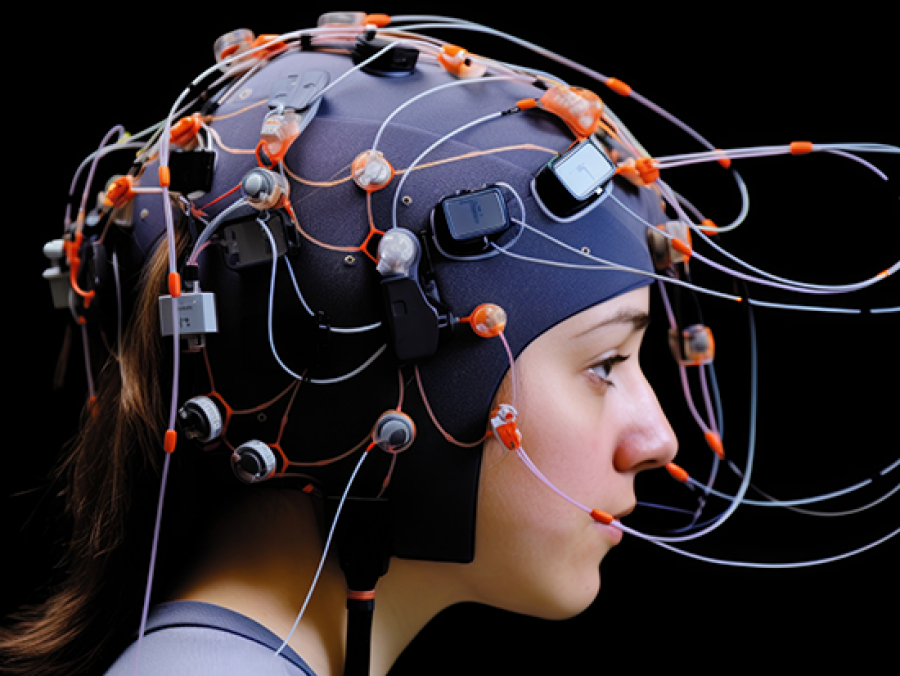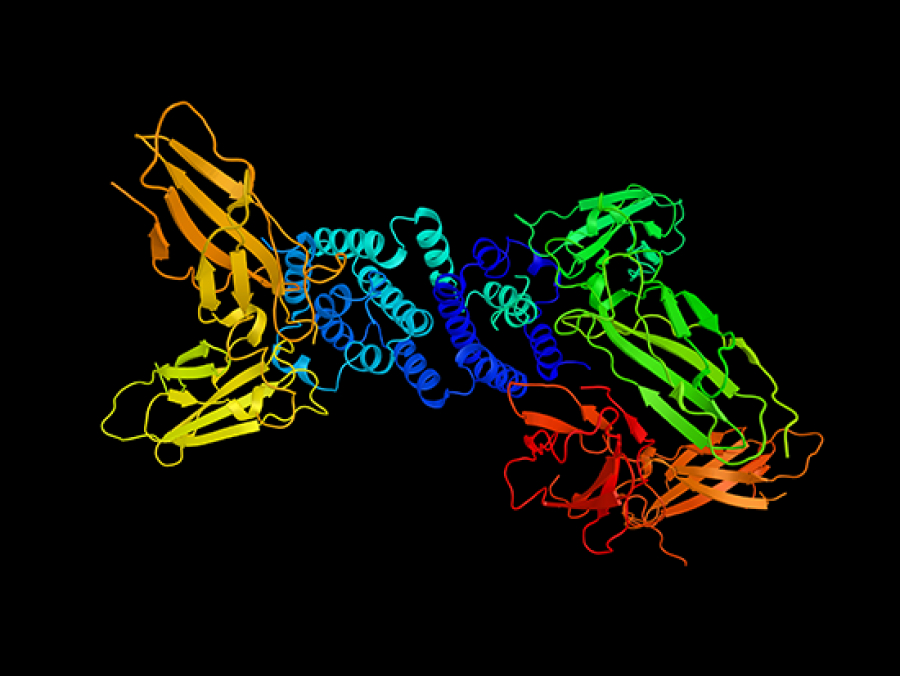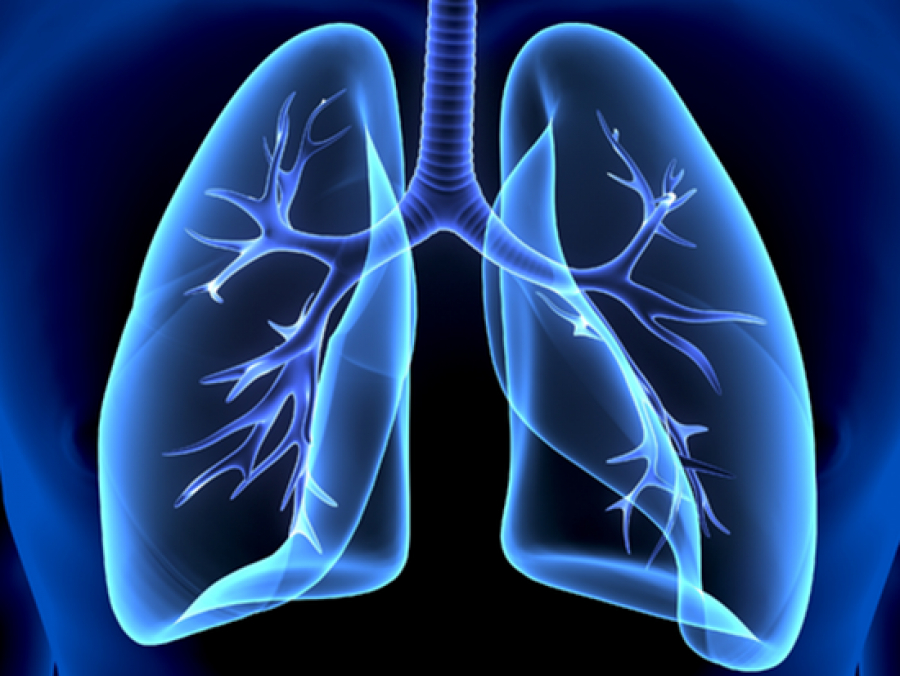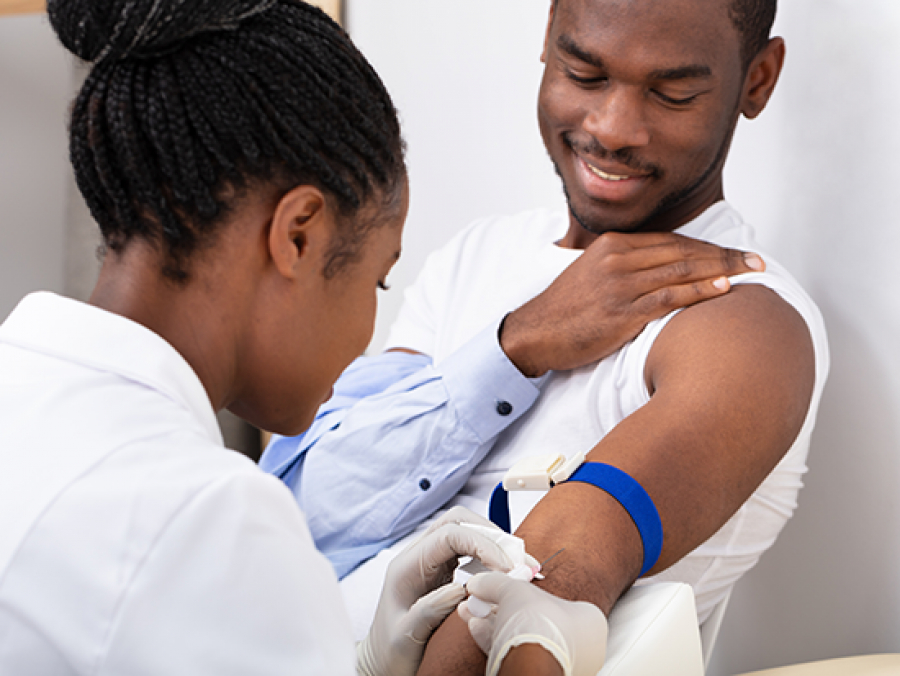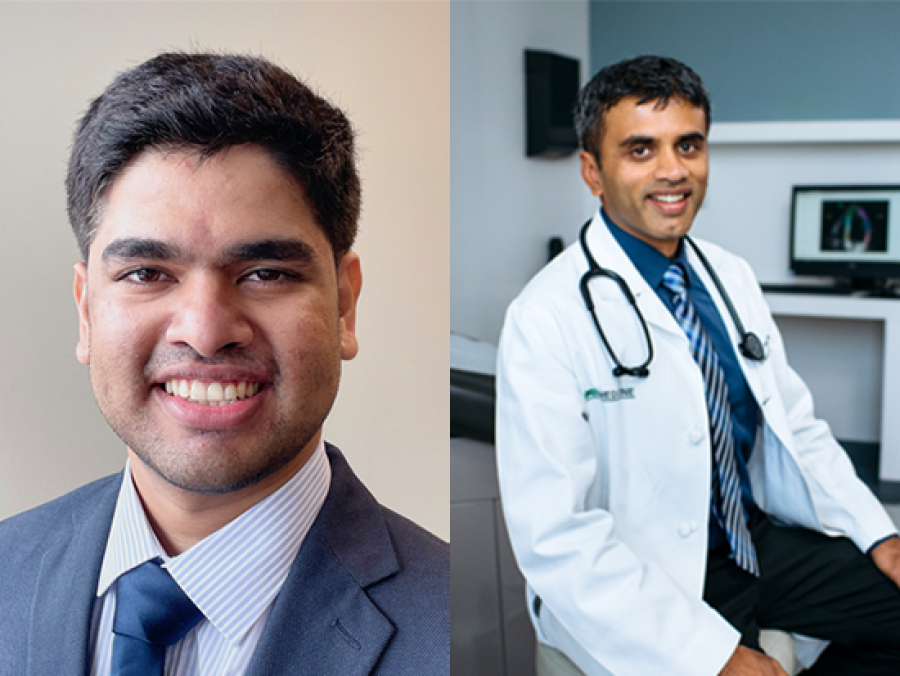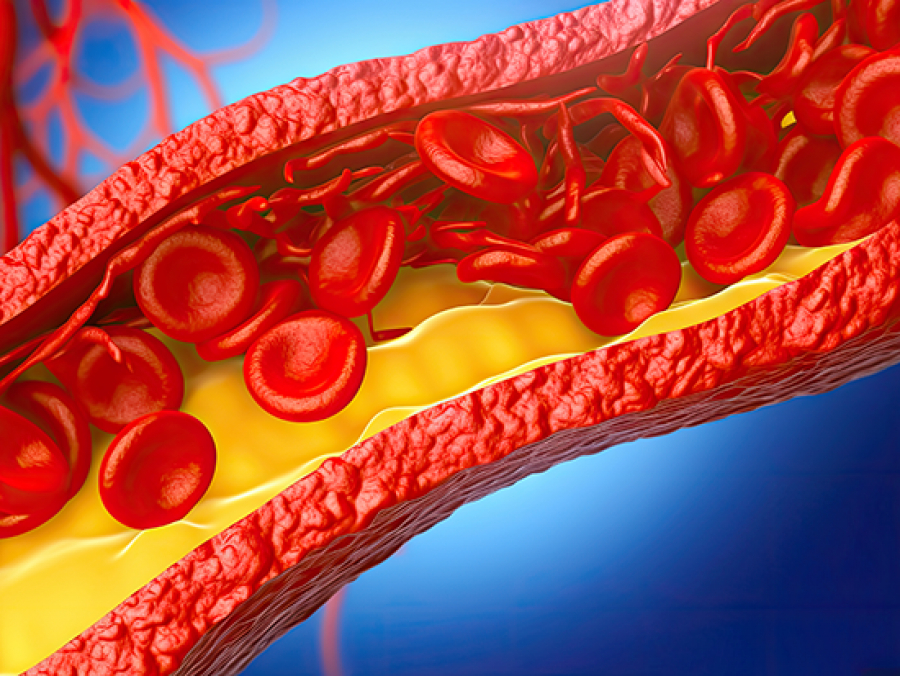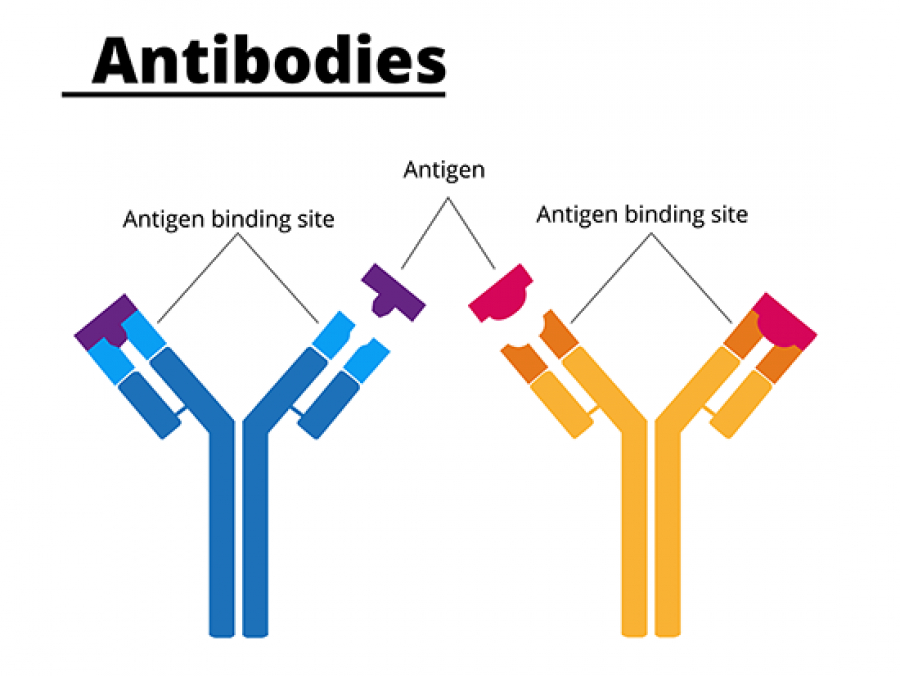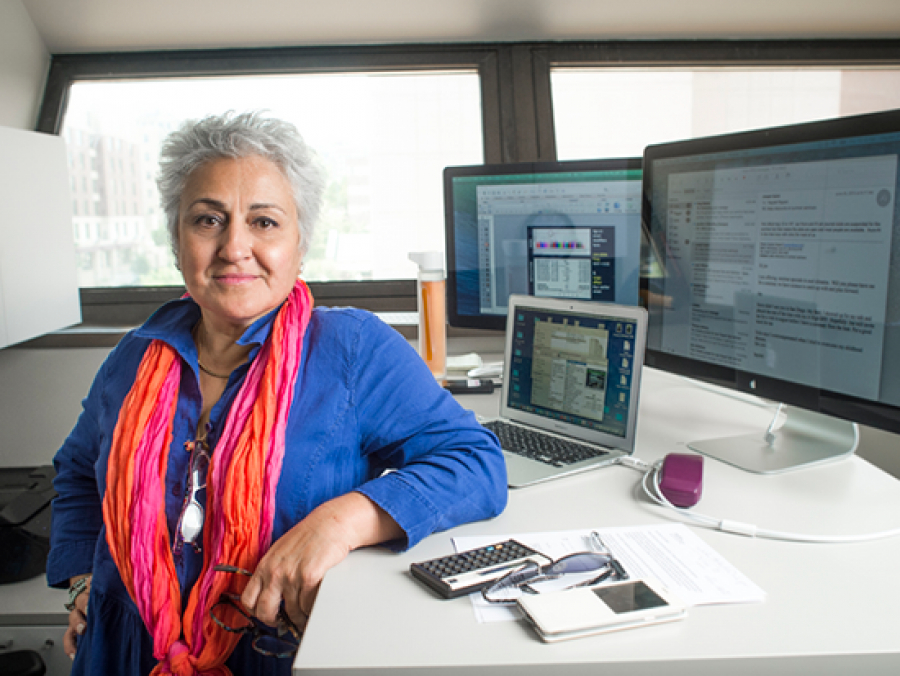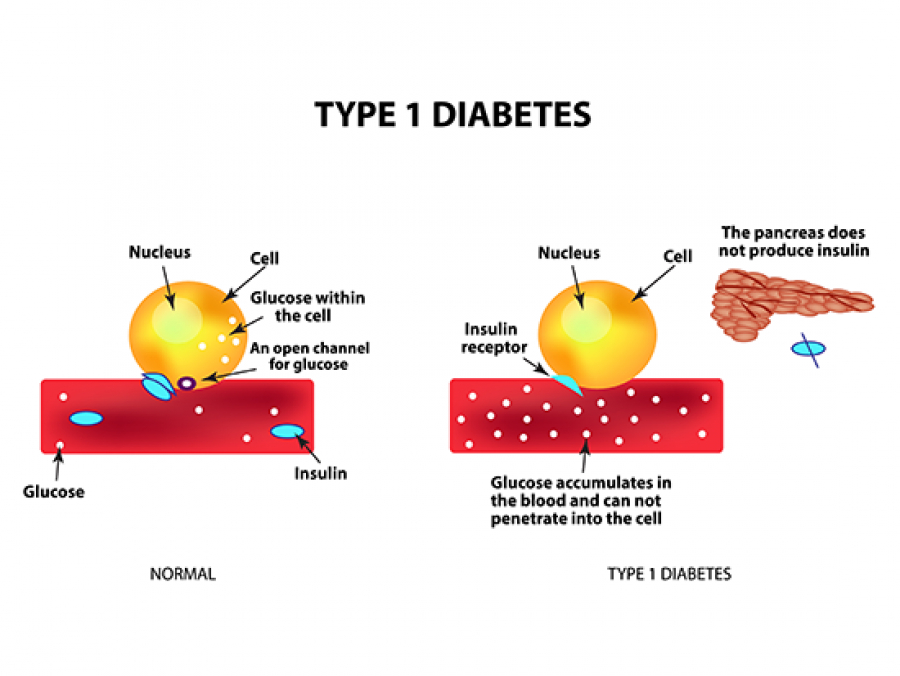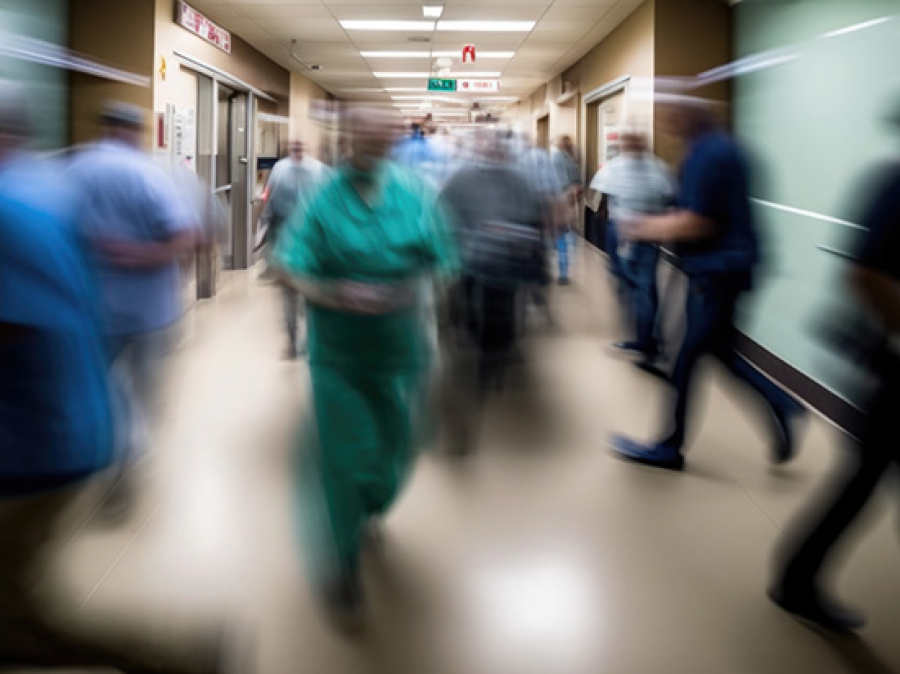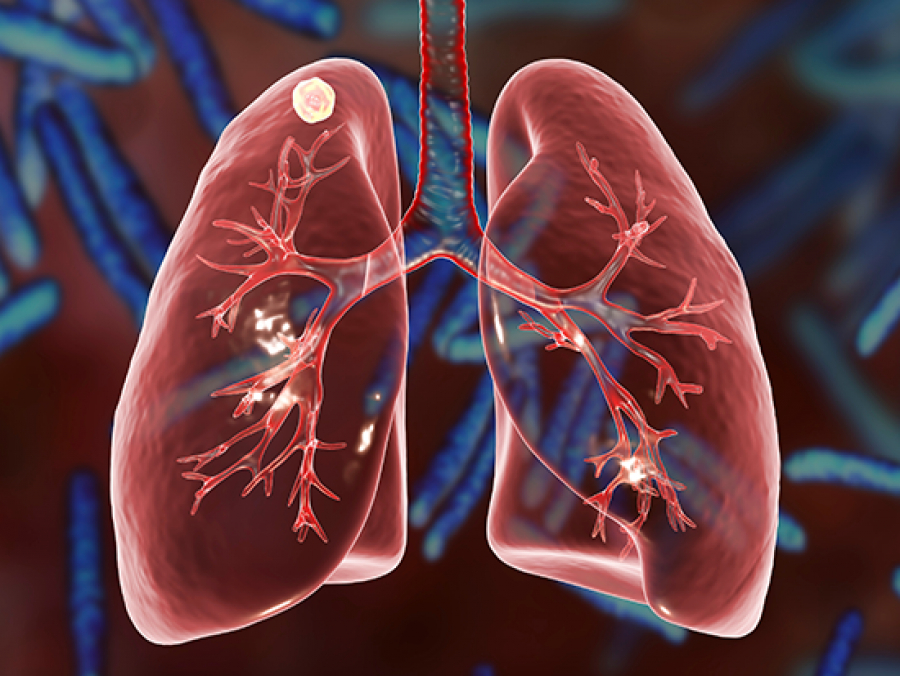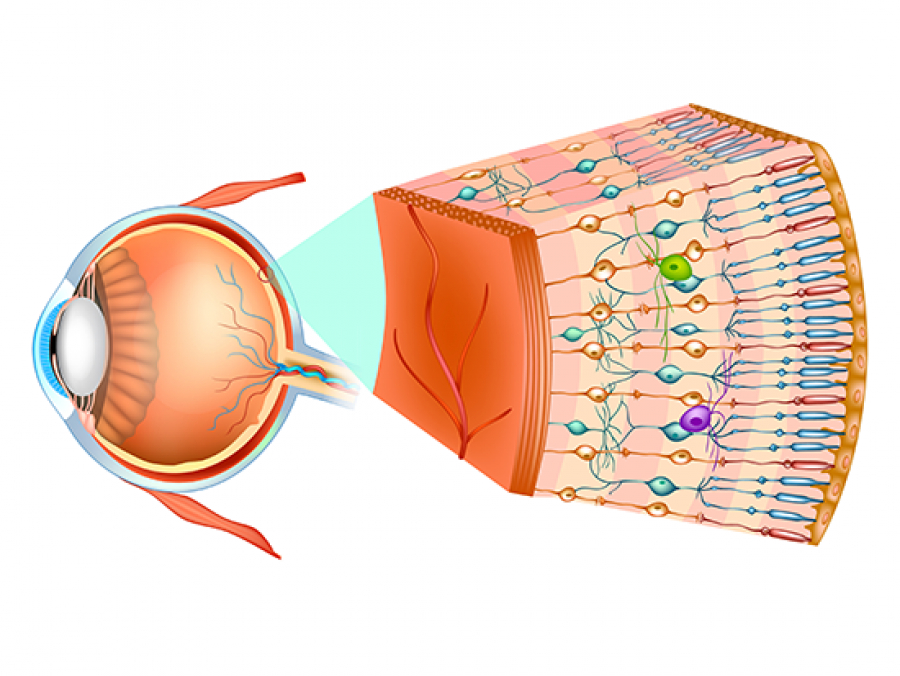Research & Innovation
A modifier gene is one that changes the observable characteristics, called the phenotype, or molecular expression of other genes.
A new artificial intelligence center will bring more discovery in the field to UAB.
A large nationwide study found that Black individuals carrying a genetic mutation in the TTN gene were at an increased risk of adverse clinical outcomes.
Results showed that African American veterans with PTSD had a higher risk of rehospitalization than those without PTSD. However, white veterans with PTSD did not have a significantly higher risk of rehospitalization post-stroke.
In the mouse brain, two neural pathways were discovered: The first is active during motivation; the second is active only at the termination of motivation. In humans, these pathways could underlie motivational dysfunctions present in various psychiatric conditions.
UAB researchers leverage data from the SPRINT trial to show that intensive control of blood pressure reduces troponin I levels and this decrease in troponin I levels is associated with reduced risk of cardiovascular disease.
One UAB researcher shares how a shift in priorities has led to a significant reshuffling of employees, as they seek out environments they hope will provide a better experience, or at least one that is not worse.
Alarmingly inadequate supply of blood, economic disparity and logistics among many factors playing a role in fueling shortage.
Cooper recently won the Albert Lasker Award, known as “America’s Nobel Prize,” given to the living person considered to have made the greatest contribution to medical science.
These research areas — part of the Convergence Revolution — have the greatest potential of achieving tremendous impact on the field of medicine in the coming decades or century.
Merkel cells in fingertips were known to turn mechanical force into an electrical signal, but how that signal transferred to the nerve across the synapse was unknown.
Multiple system atrophy is a rare and fatal neurodegenerative disease, with no known disease modifying therapy.
A post-hoc analysis of critically ill COVID-19 patients revealed that high-dose inhaled nitric oxide therapy was more beneficial in reducing the risk of mortality in Black patients compared with their white counterparts.
Cigarette smoking is associated with COPD, and each cigarette has 2 to 3 micrograms of cadmium.
A small blood donation can help UAB researchers and doctors learn how better to use immunology to treat disease.
The regimen — which relies solely on already FDA-approved medications — showed remarkable success in Parsons model case series.
A UAB study evaluating the treatment of severe dyslipidemia showed that only one in three individuals with severe dyslipidemia took lipid-lowering medications without any improvement in the treatment rates over 10 years.
These findings could lead to non-invasive, low-cost tests and the early diagnosis of the disease, which progresses for decades before symptoms of dementia emerge.
This advance should facilitate atherosclerosis drug discovery and development.
The site-directed addition of a polymer on the antibody trastuzumab helped this cancer-fighting antibody cross the blood-brain barrier.
As there is no current treatment for acute and recurrent acute pancreatitis, Dudeja hopes this grant will provide hope for those suffering with the disease.
New findings from UAB researchers indicates that preventable environmental factors like repeated blows to the head in contact sports and pesticides and herbicides account for a substantial number of Parkinson’s disease cases.
While it has long been thought that the most direct health effect linked to the sanitation crisis in the Black Belt was due to soil-transmitted hookworm, a study led by UAB found no evidence of transmission.
Vaccination of neonatal mice with group A Streptococcus promotes clonal expansion of B cells that produce antibody against GlcNAc. The association of reduced Type 1 diabetes risk after group A Streptococcus infection is dependent on these GlcNAc-specific B cells.
This is the largest grant the Department of Political Science and Public Administration has received.
The research team’s goal is to create a customizable solution that can be applied across various health care settings to reduce overcrowding in emergency departments.
Tuberculosis, the world’s leading infectious disease killer, caused 1.6 million deaths in 2021, along with 10 million new cases of tuberculosis every year.
The study found that 70-75 percent of all participants, regardless of whether they were already on blood pressure medications or not, were likely to see a reduction in their blood pressure if they lowered the sodium in their diet.
This record-breaking funding marks a 73 percent growth in research awards over nine years.
The model may provide novel insights into RP59 disease mechanism that will guide future testing of therapeutic interventions.
